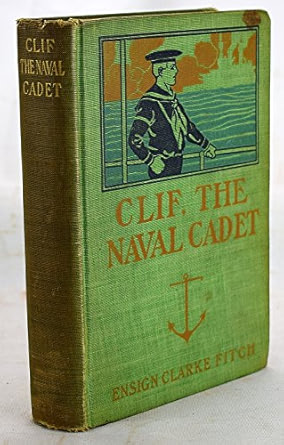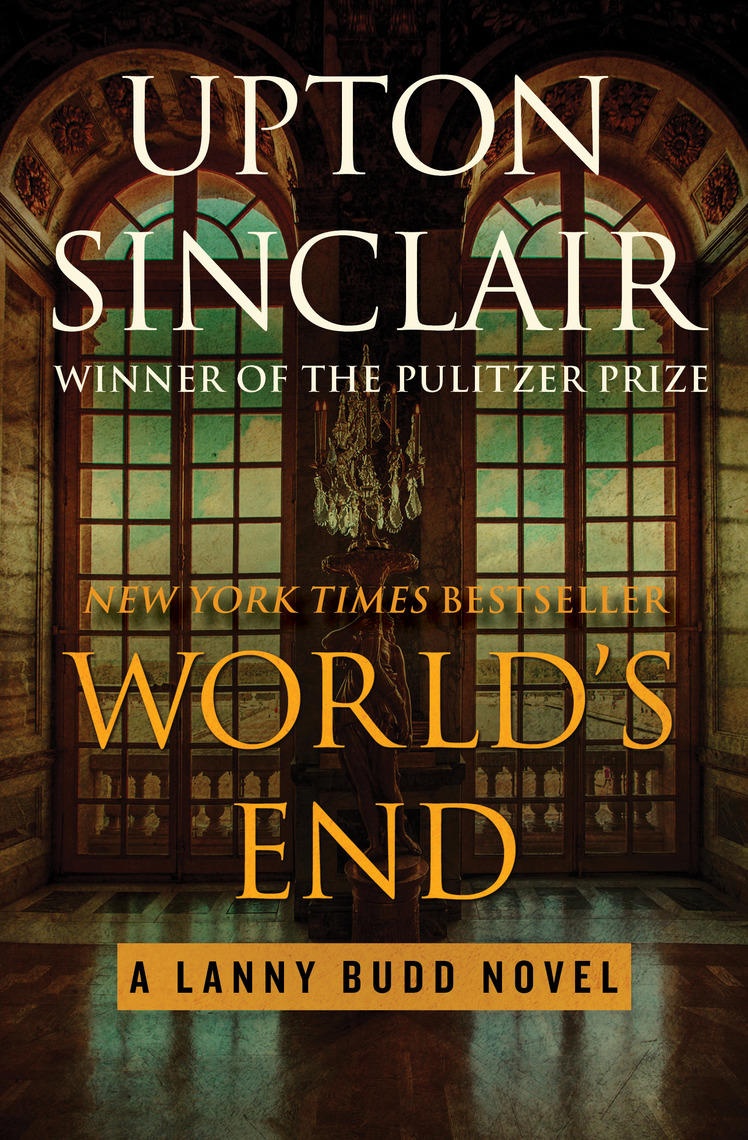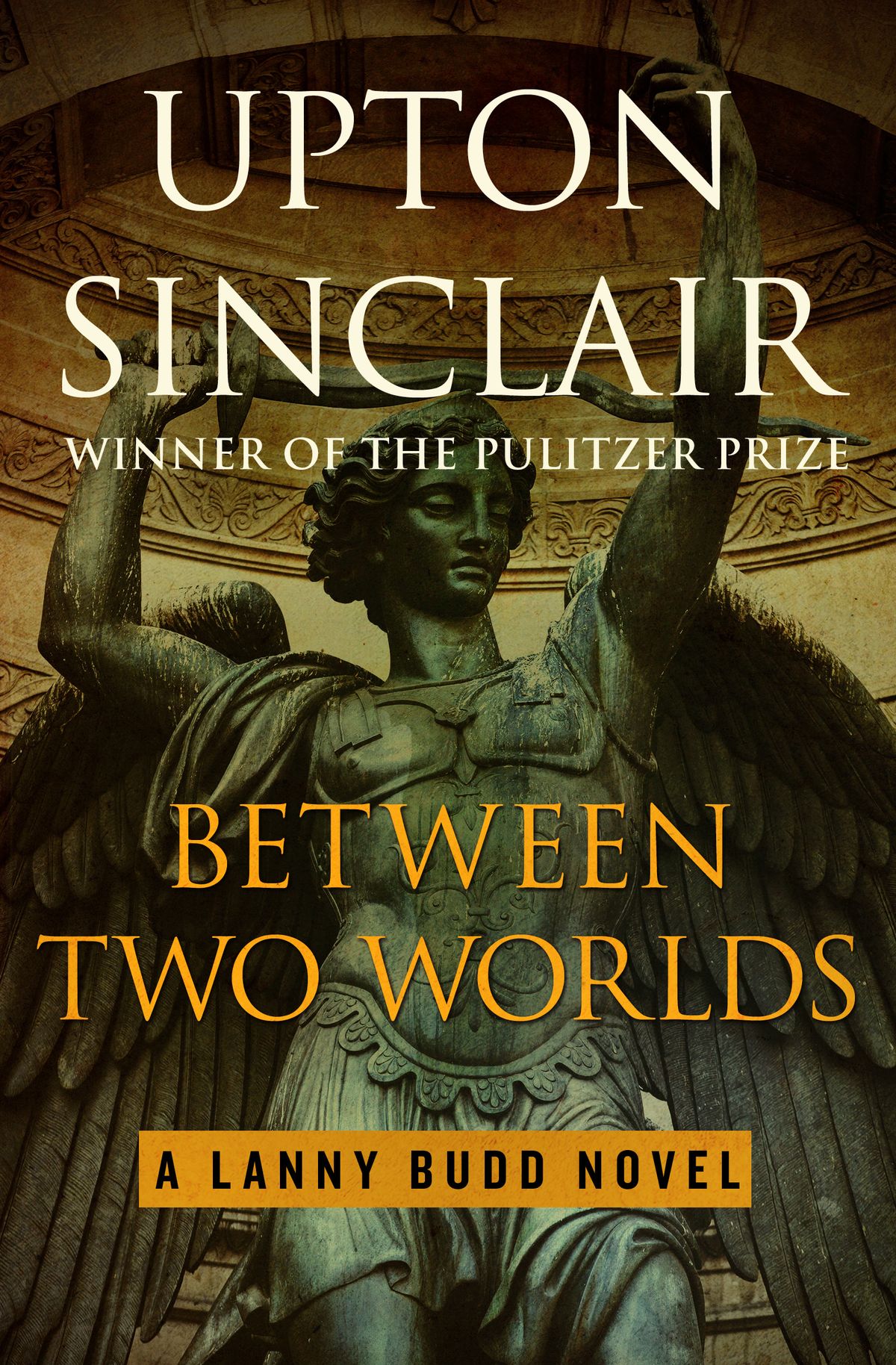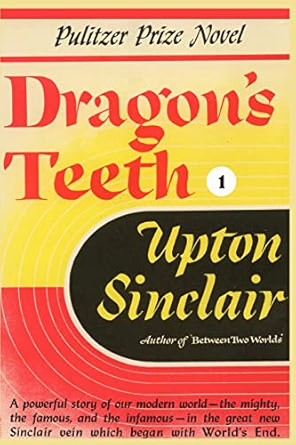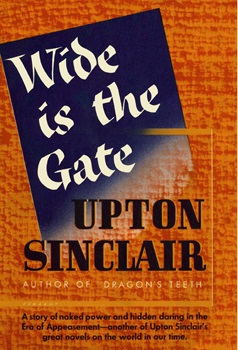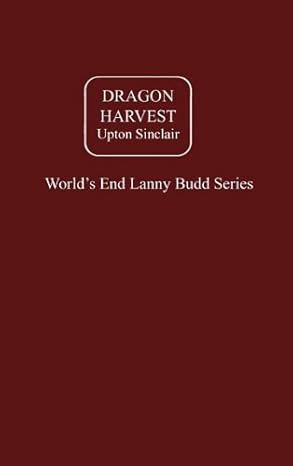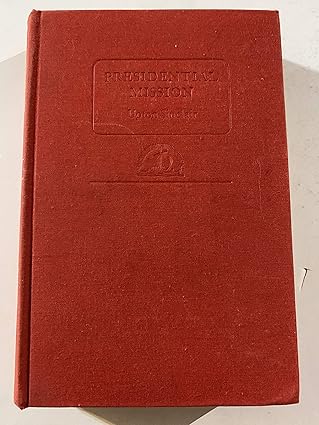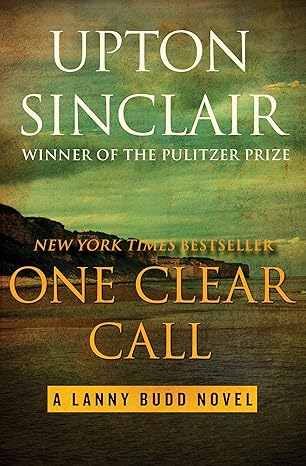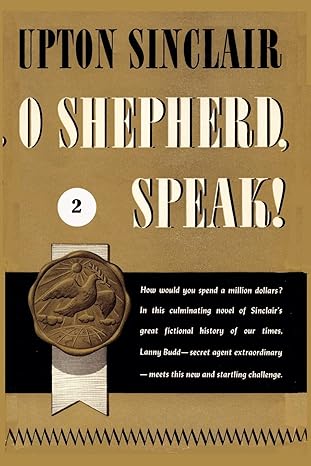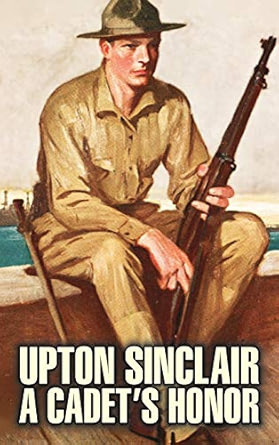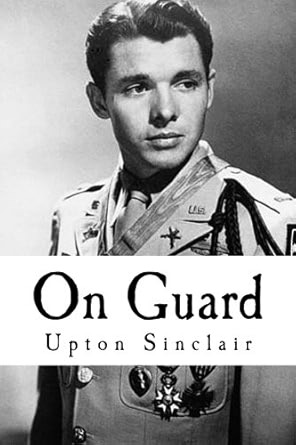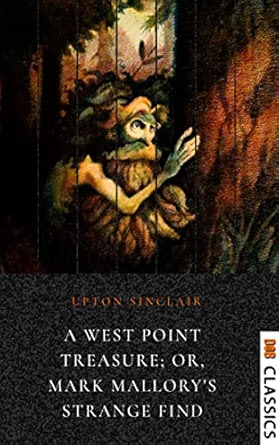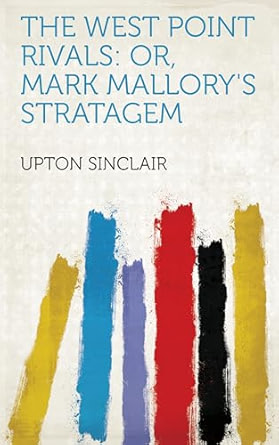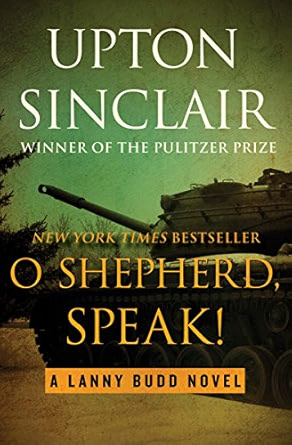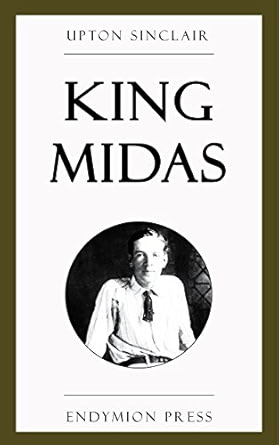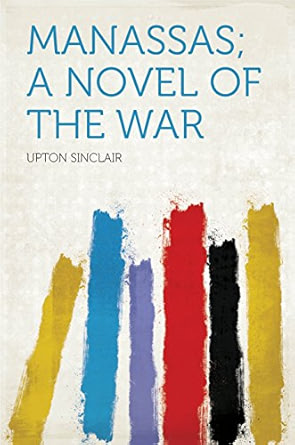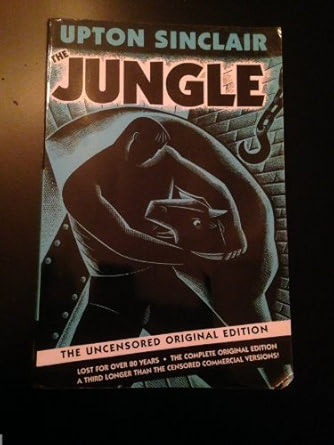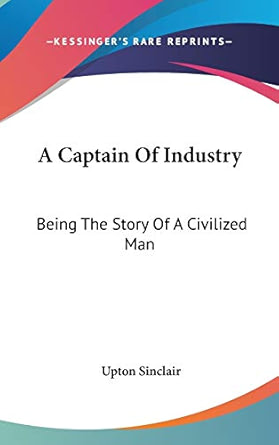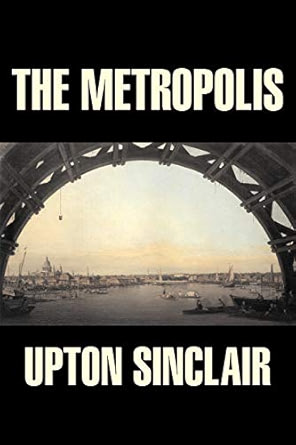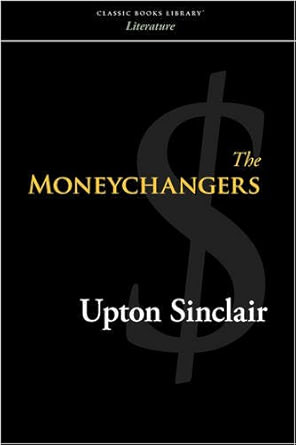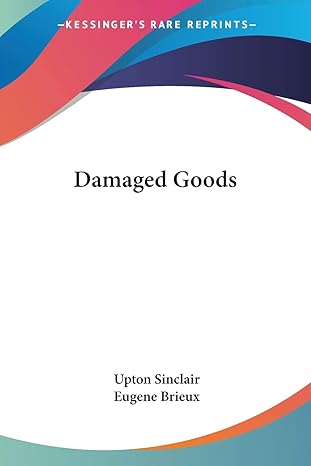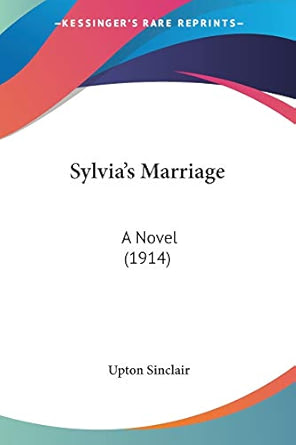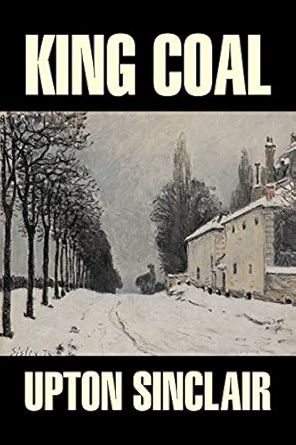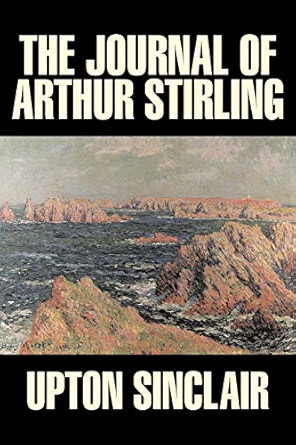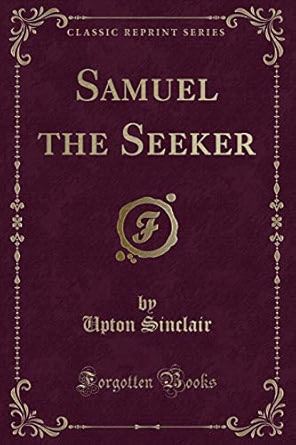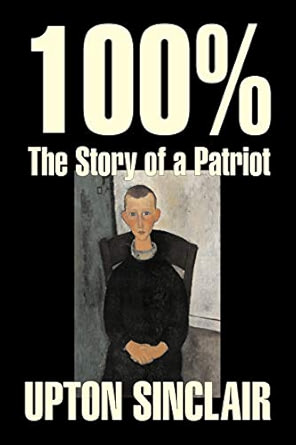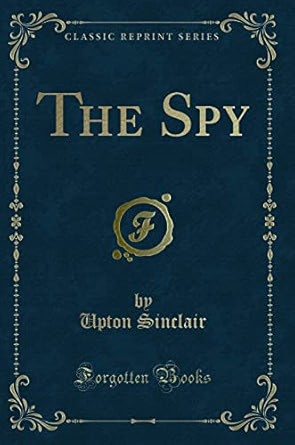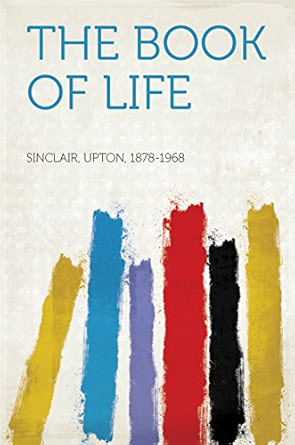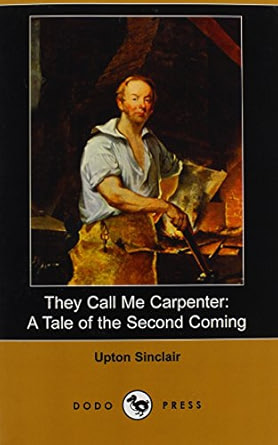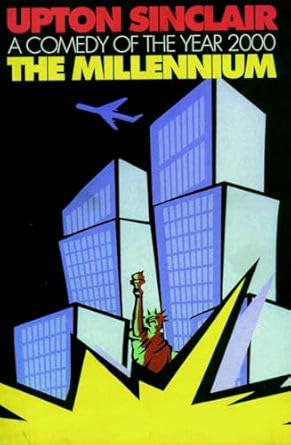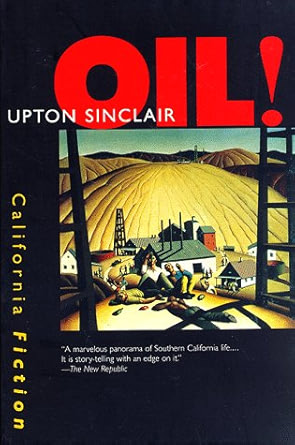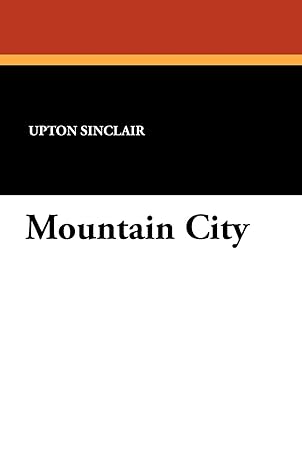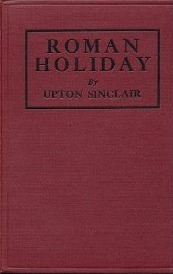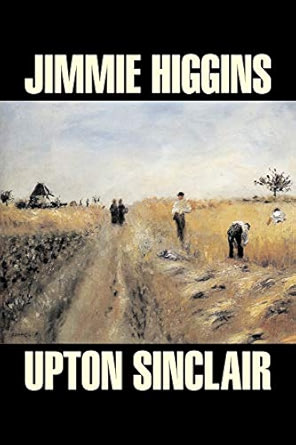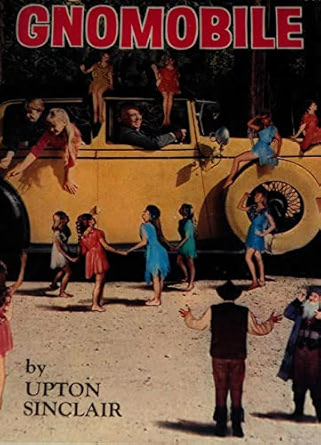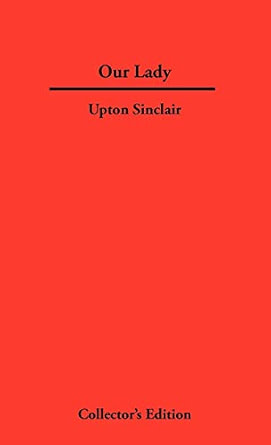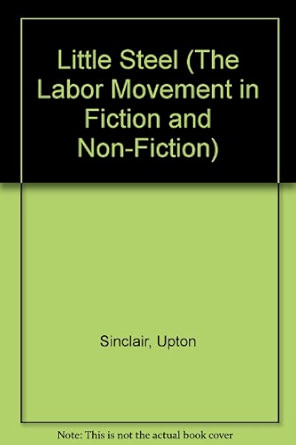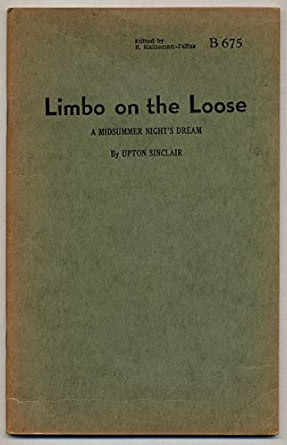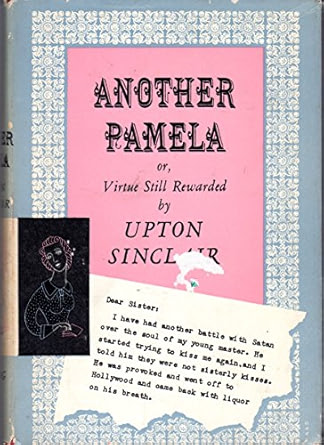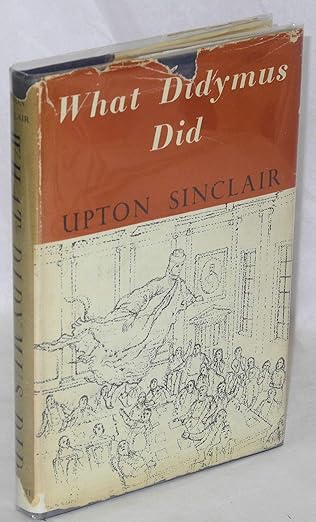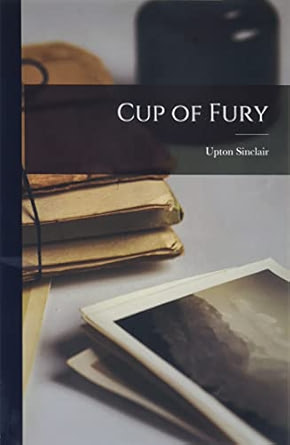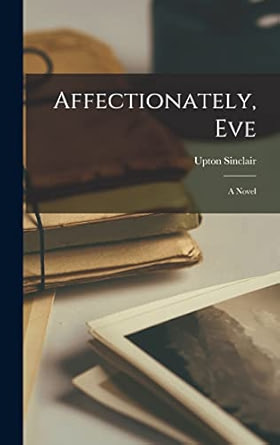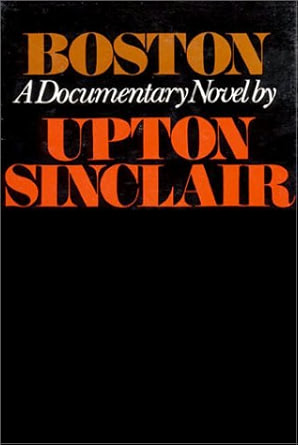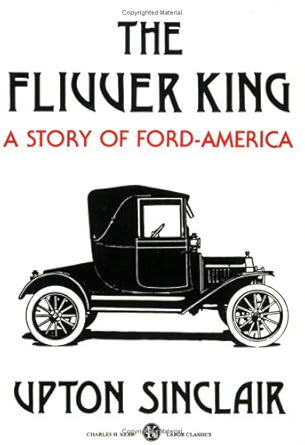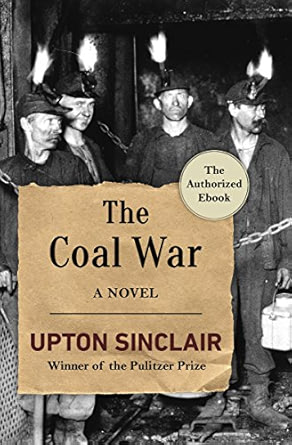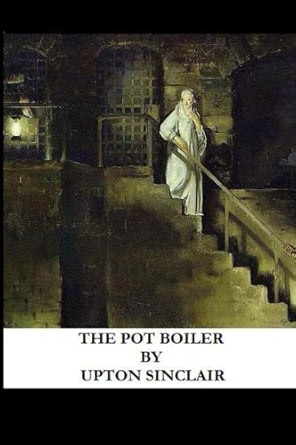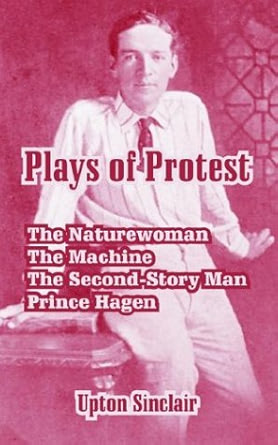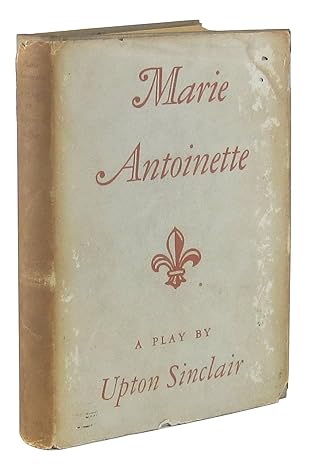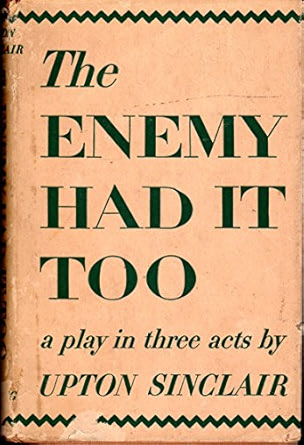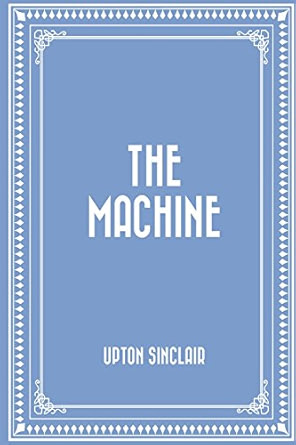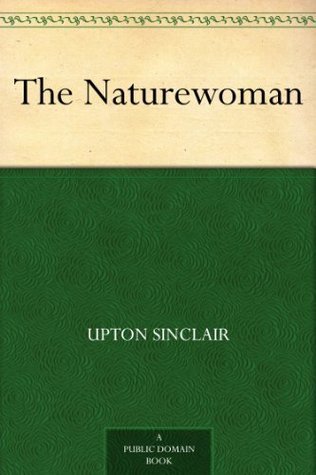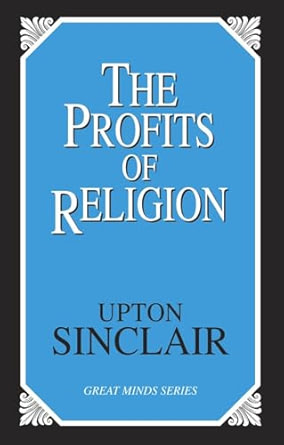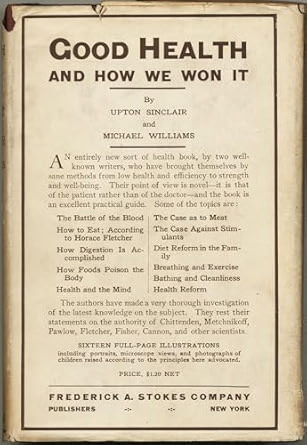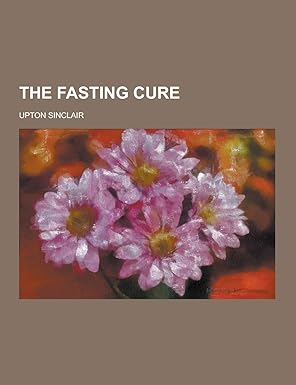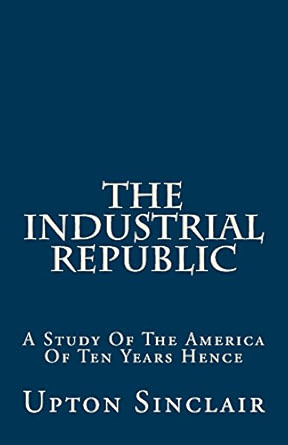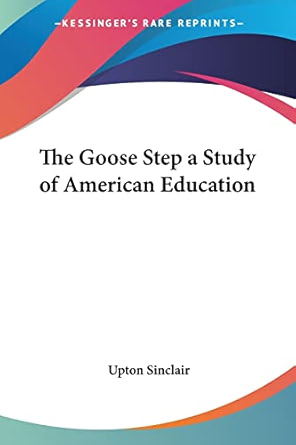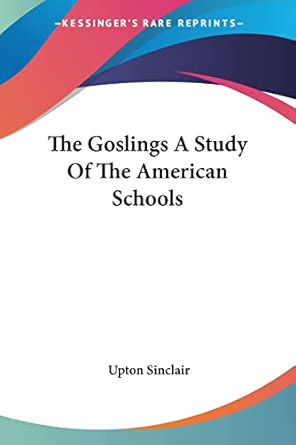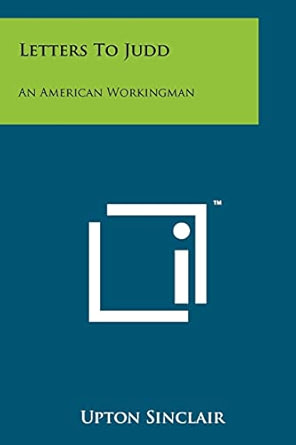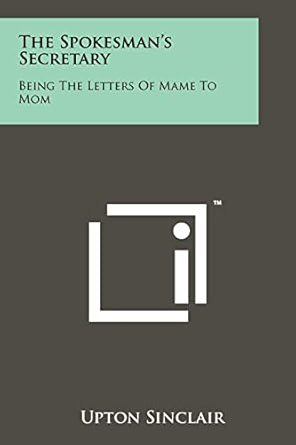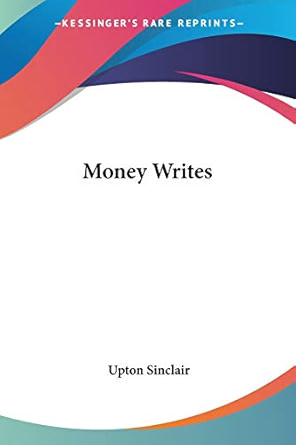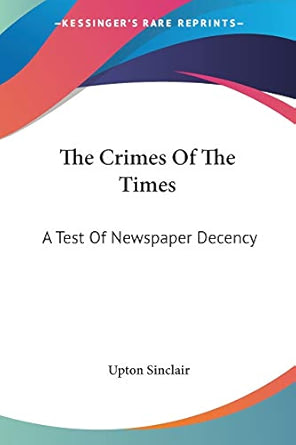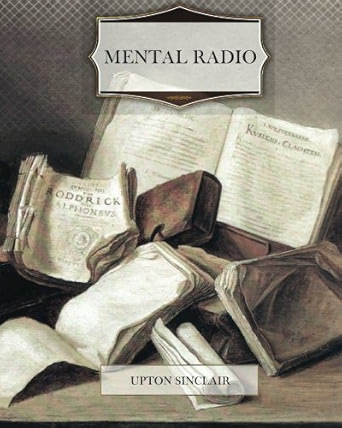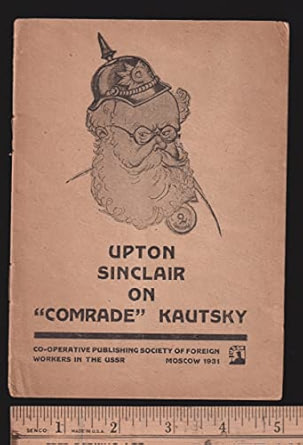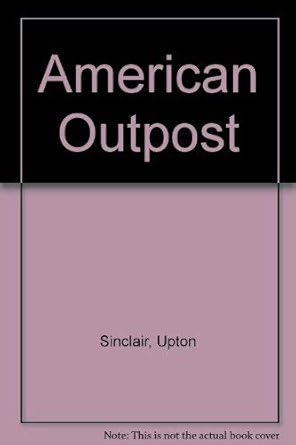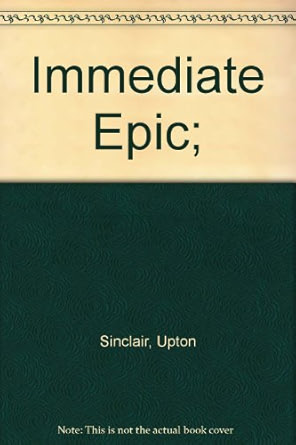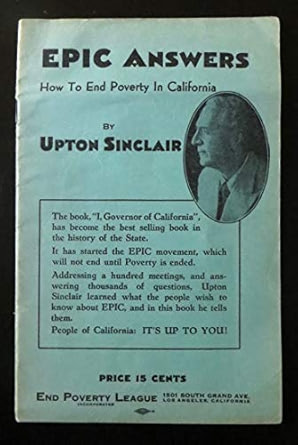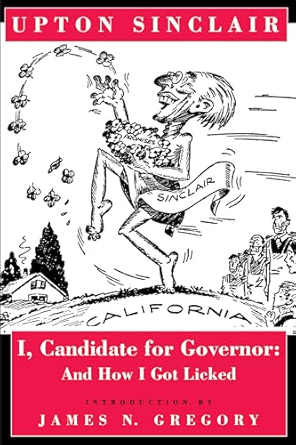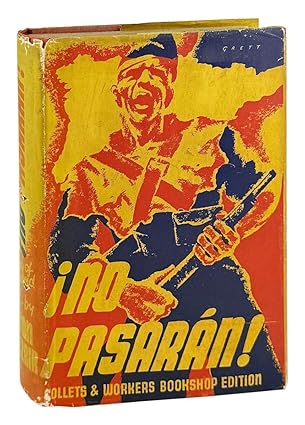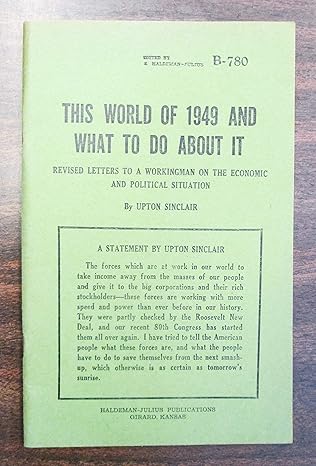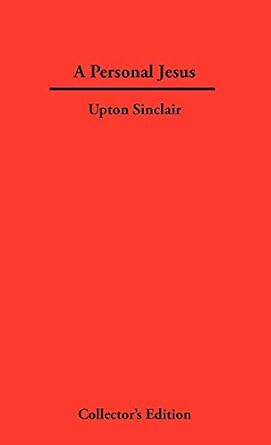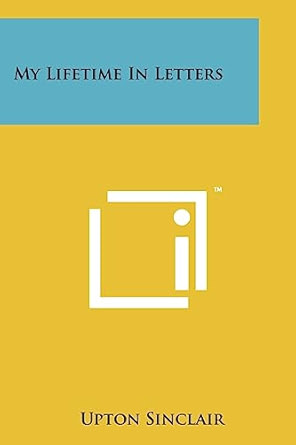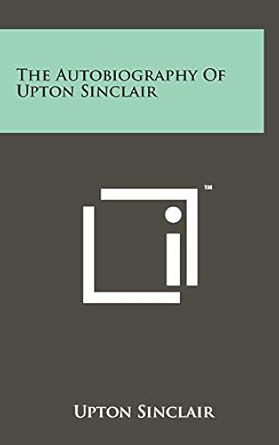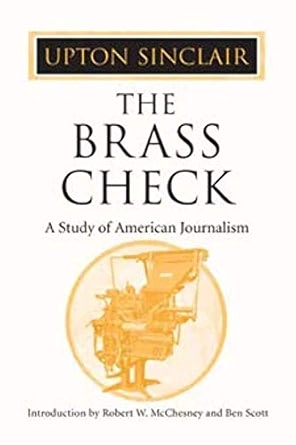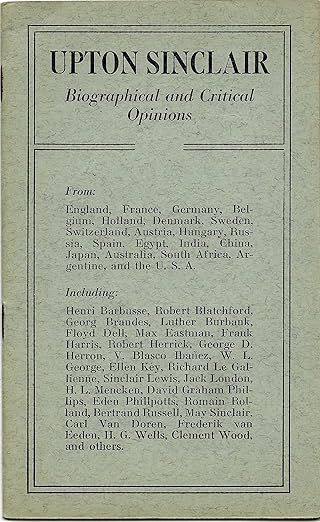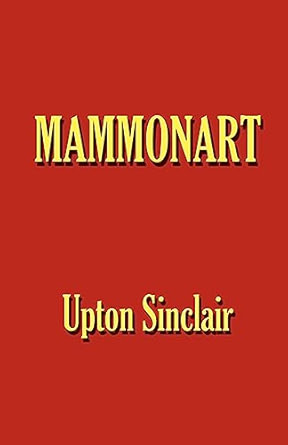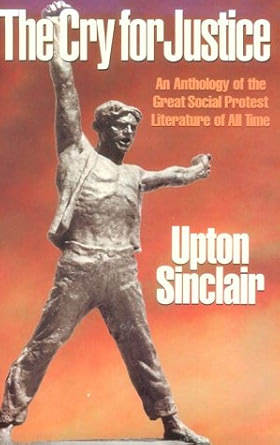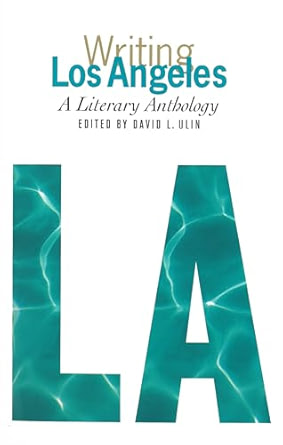Upton Sinclair Books in Order
This reading order guide provides the complete list of Upton Beal Sinclair books in order, from the very first to the latest, and is always updated so you won’t miss anything!
Upton Beal Sinclair was not just an author; he was a force of change. Known for his fearless writing and deep commitment to social justice, Sinclair spent his life using the power of words to uncover uncomfortable truths and spark conversations that others were too afraid to start. Born in 1878 in Baltimore, Maryland, Sinclair lived through a time of great inequality, industrial chaos, and political corruption. These realities shaped his writing and his worldview—and it shows in every page he wrote.
Most readers first discover Upton Sinclair through The Jungle, published in 1906. This powerful novel exposed the shocking conditions of the meat-packing industry in the United States. But Sinclair didn’t just want to reveal how unsanitary the food was. What really broke his heart—and what he wanted to highlight—was the suffering of immigrant workers who lived and worked in horrifying conditions. The public, however, was more outraged by what they were eating than by the lives of the workers. Still, The Jungle made a huge impact. It caused such a stir that it helped lead to the creation of the Meat Inspection Act and the Pure Food and Drug Act. That’s the kind of effect Sinclair’s writing had—real change.
But The Jungle was only the beginning. Over the course of his career, Sinclair wrote more than 100 books, many of which tackled powerful institutions and systems. In 1919, he published The Brass Check, an unflinching look at the world of American journalism. In this book, Sinclair criticized the media for prioritizing profits over truth. He introduced readers to the dangers of “yellow journalism”—news that was more about sensation than facts. His work made such an impression that just a few years later, the first code of ethics for American journalists was created.
Sinclair had a special talent for blending fiction with deep, historical insight. His books like King Coal, The Coal War, The Flivver King, and Oil! weren’t just stories—they were documents of a nation struggling to balance industrial power with human dignity. These novels gave a voice to workers in industries like coal mining, auto manufacturing, and oil drilling. He didn’t shy away from criticizing powerful men like J.P. Morgan, Henry Ford, or John D. Rockefeller, especially when he believed their actions hurt ordinary people.
Sinclair was also deeply political. He joined the Socialist Party in 1917 and later ran for public office several times. Though he didn’t win, his most famous campaign was for governor of California in 1934. Running as a Democrat during the Great Depression, Sinclair’s campaign promised to “End Poverty in California” (EPIC). His ideas, while popular among working-class citizens, terrified the wealthy elite and media giants. Despite getting over 870,000 votes, he lost the race—but his campaign marked a historic moment in progressive politics.
What makes Sinclair even more fascinating is his early life. He was raised in a divided household—his mother was a strict religious woman, while his father struggled with alcoholism. This strange mix of wealth and hardship exposed Sinclair to two very different sides of American life. From a young age, he found comfort in books, reading everything he could to understand the world. Even then, he dreamed of becoming a poet and writer.
His personal life was as complex as his novels. He married three times and had one son, David. His first wife, Meta Fuller, shared his intellectual dreams but their relationship became strained, especially after Meta left him for another man. Later, he found companionship with Mary Craig and then Mary Willis, both writers in their own right.
Upton Beal Sinclair was not perfect—he could be intense, stubborn, and even hard to live with. But no one can deny his passion. As Time Magazine once said, he had “every gift except silence and humor.” He truly believed that books could change the world—and for a while, his books did.
Today, Sinclair’s legacy lives on, not just in libraries, but in the very laws and ideas that protect workers, regulate industries, and inspire authors to write boldly. If you’re looking to explore stories that shake you, educate you, and make you think, Upton Beal Sinclair’s books are a must-read.

